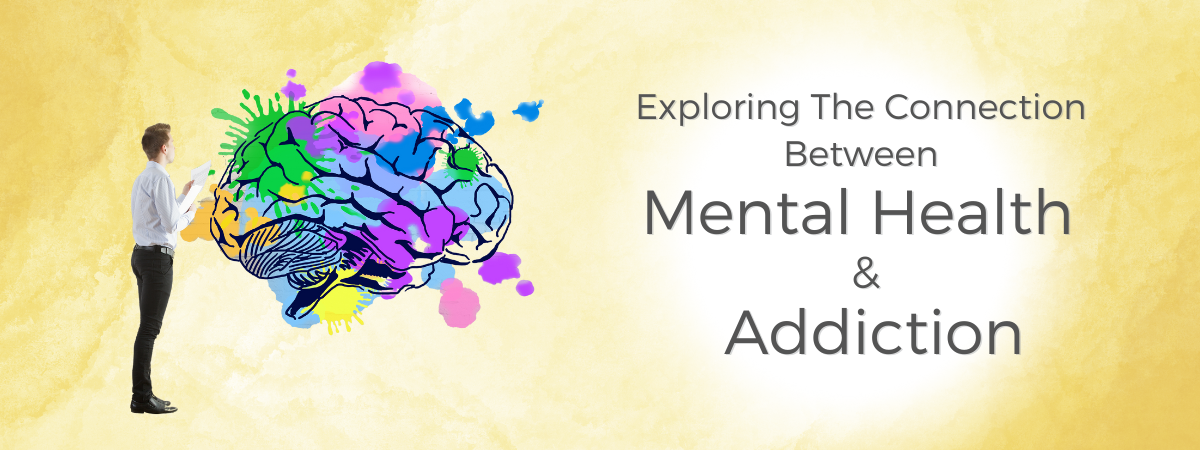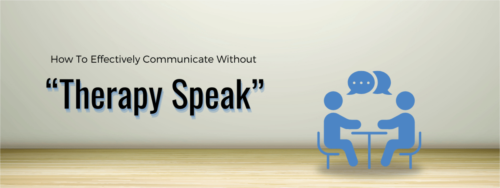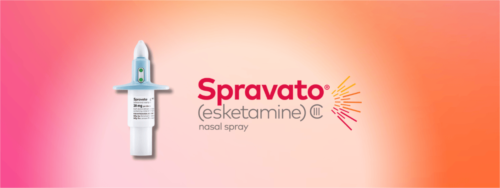

Is There A Connection Between Mental Health And Addiction Near Duluth?
Have you ever thought about what leads to substance use disorders (SUD)? Understanding the answer could enable us to stop and address these disorders. The good news is, current research is enabling us to comprehend substance use and manage it better. Recent studies have found a strong connection between substance use and mental illness. If you are struggling with a SUD, you could also be facing a co-occurring mental disorder. By understanding this, you can seek more effective treatment that navigates mental health and addiction near Duluth.
What’s The Connection Between Mental Health And Substance Use Near Duluth?
In a recent finding, the Substance Abuse and Mental Health Services Administration (SAMHSA) determined that about 17 million adults in the U.S. experience both a mental illness and a SUD. They also learned that teenagers and adults with mental illnesses were more prone to take addictive substances. This evidence shows a significant connection between mental health and substance use in Duluth and all of the country. But how do mental health disorders cause substance use?
How Does Mental Illness Lead To Substance Use?
It’s no secret that mental disorders are often hard to cope with. If not treated properly, your disorder can leave you feeling despondent, angry, frightened and confused. You may even experience some debilitating physical symptoms. This can occur whether you have been formally diagnosed with a mental illness or do not realize you have one.
If a mental condition makes your life challenging, it’s understandable you may have been pushed to consume addictive alcohol or drugs to deal with it. The chemicals cause you to feel better temporarily. They could provide a “high” that makes you feel good or minimize the discomfort you have. Under their influence, you could feel more productive and normal.
When you consume dependency-causing substances to handle the symptoms of mental illness, it’s known as self-medicating. You might ingest these substances to feel temporarily at ease, more energetic, or less troubled. You might also take them to alleviate physical pains and discomforts. Self-medication involves utilizing substances not ordered by a doctor, such as alcohol or illicit drugs, as well as misuse or excessive use of prescription medications.
Self-medication usually commences accidentaly. Drinking large quantities of alcohol or improperly using drugs seems like an escape and a way of coping with reality. Sadly, it’s difficult to quit taking something that leaves you feeling better. Your brain and body become dependent on those substances, and you can’t get by without them. What results is a pattern of self-medication that may spiral out of control and produce destructive and hazardous behaviors.
Grasping the origin of your substance use gives you a a place to begin your recovery. Once you comprehend that mental illness lies at the foundation of your alcohol or drug use, you can treat both and have a stronger opportunity for recovery.
Will Substance Use Impact Mental Health Too?
The influences of mental disorders and substance use disorders are often cyclical. The chemicals in habit-forming substances modify neural pathways. They can cause or aggravate mental illnesses. The stress of succumbing to addiction might also cause mental conditions like anxiety and depression. In return, you may depend on addictive substances even more to cope, and the cycle starts over.
Why Treat Mental Health And Addiction At The Same Time?
Dealing with a substance use and mental illness might seem overwhelming, even hopeless. But getting to the origin of your substance use is crucial for enduring recovery. Once you understand what co-occurring disorder caused your alcohol or drug use, you have a solid basis for treatment. Managing mental conditions with individual therapy and approved medications helps you resist addictive substances. Various skills you develop in therapy for navigating mental health will aid you in maintaining sobriety, too. You’ll have more success navigating your addiction when you deal with any foundational mental health issues first.
Get Treatment For Substance Use Disorders And Mental Illness Near Duluth
If you are facing co-occurring addiction and mental health conditions, The Counseling Center At Duluth is here for you. Our qualified staff are equipped to help you navigate the challenges you encounter with evidence-based treatment. Dial 470-444-4194 or fill out our contact form to speak with someone immediately about admissions.



